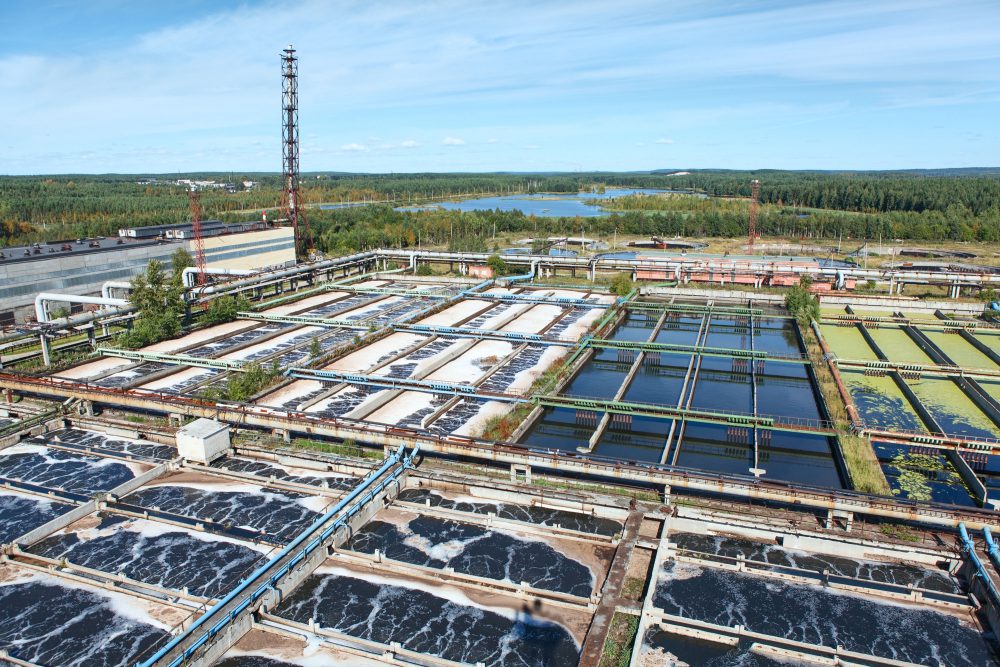Before selecting a site for your food processing plant, are you sure you’re accounting for all of the costs involved? In our last post, we outlined some key considerations for building a better greenfield budget. Here, I dive in deeper with the often forgotten soft costs, or fees that fall outside the realm of direct construction costs. These include pre-construction permits, impact fees and utility connection fees. To help you with your site due diligence, be sure to account for these soft costs commonly associated with new facility sites.
Permits and Reviews
-
Zoning/rezoning review—In the early stages of planning a food processing or distribution facility, your design firm meets with the municipality’s building department to examine the facility’s zoning requirements. They must ensure the type of plant you plan to build can be constructed on that particular property. If it cannot, you must look at rezoning the property.
-
Site plan review—Part of the zoning process involves a site plan review that is conducted with the permitting authority. Larger municipalities often require these to get an idea of what the proposed building and site will look like, reviewing items such as 3D elevations, the site layout and more.
-
Site grading permit—Following your initial site plan review, your design firm must submit for a site grading permit. Additional costs associated with this include paying a building official or third party a plan review fee and expenses that are typically dependent on the value of the work—a figure that varies across the country.
-
Foundation permit—To expedite fast-track projects, it’s common to request a foundation permit to start work on the facility’s foundation before design is complete on the balance of the building components.
-
Building permit—After securing a site grading and foundation permit, a building permit is required before vertical construction can begin.
-
Mechanical, electric and plumbing permits—Keep in mind that mechanical, electric and plumbing (MEP) often involve separate permit fees, above and beyond the building permit.
-
Demolition permit—This is a permit applicable if you want to tear down an existing structure.
-
Rail permit—If your facility will be served by rail, you need to get an extension of the railroad to the building through a permit with the railroad company that services the area.
Utilities
-
Will Serve letters—For a facility’s utilities, you must go to each utility provider (water, sewer, power, gas, telephone, etc.) to secure a “Will Serve” letter stating that they agree to provide service to your site. Some utilities will charge fees for the engineering required to confirm they have the capacity to serve the new facility.
-
Infrastructure fees—If the utility must extend its electrical transmission lines to service the site or increase the capacity of its wastewater treatment plant, for instance, the customer can be expected to pay for the new construction either through upfront fees, increased monthly rates, or a combination.
-
Connection fees—Sites in areas with readily available utilities typically have connection fees based upon the water meter size or tap of the sanitary sewer system.
Impact fees
These fees are especially prevalent if you’re building a food processing plant or distribution center in a large, metropolitan area. Impact fees are typically lower in rural locations. Some examples of impact fees include:
-
School fees—If you’re building in a certain school district, the school district must secure funds to build new schools and maintain existing ones.
-
Transportation fees—This is a fee that supports the Department of Transportation so it can maintain and build roads in the surrounding area.
-
Fire facilities fees—This fee helps maintain the local fire department so it can adequately service the site if required.
Location-specific permits and fees
Depending on your site’s location, there may be specific fees or permits relative to that municipality. Some examples include:
-
Air quality permits—This permit helps to limit air pollution in heavy urban or agricultural areas.
-
Very low income housing fee—This fee helps fund very low income housing around the community where the facility will be located.
-
Contamination fees—If you’re building on a brownfield site, understand the fees associated with impacting elements on site that have been classified as hazardous.
-
Environmental permits—If your planned construction encroaches on an existing wetland or negatively impacts a protected or endangered species, you’ll need to secure permits and pay for associated studies and fees.
Other soft costs to consider
-
Geotechnical report—Since subsurface soil conditions vary from site to site, a geotechnical engineer should be hired to analyze and test collected soil samples. Their recommendations are used to guide the building’s earthwork and foundation design and direct how the firm will compact the soil so it can properly support the building and paved areas.
-
American Land Title Association (ALTA) survey—An ALTA survey is a boundary survey that sets minimum standards showing improvements, easements and other items that impact land ownership.
-
Attorneys fees—Buying a big piece of property is an enormous capital expense. Many of our clients hire attorneys to navigate the complex process and review contracts before they sign on the dotted line.
If you’d like to learn more about food processing plant site due diligence, email me at foodforthought@stellar.net.



